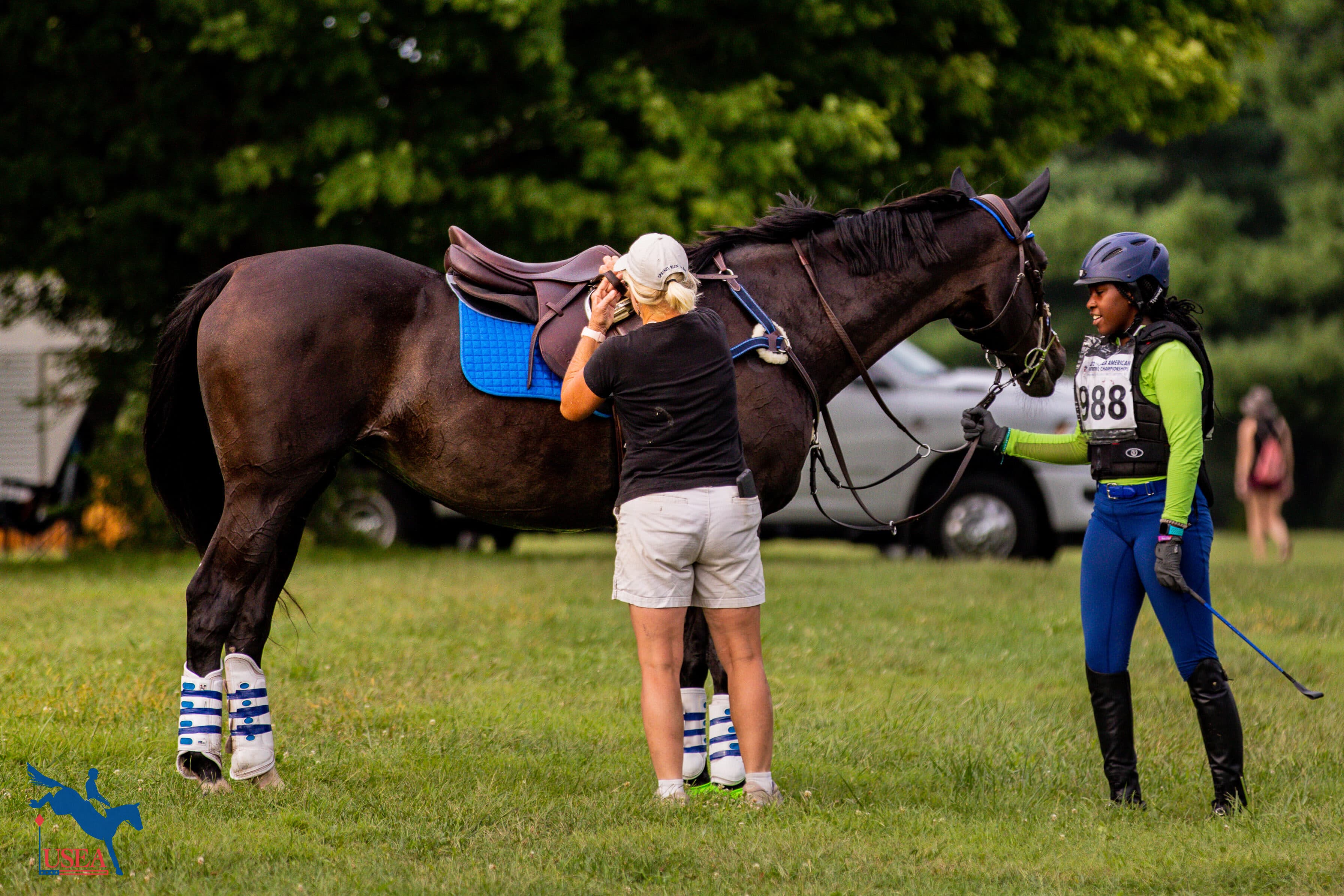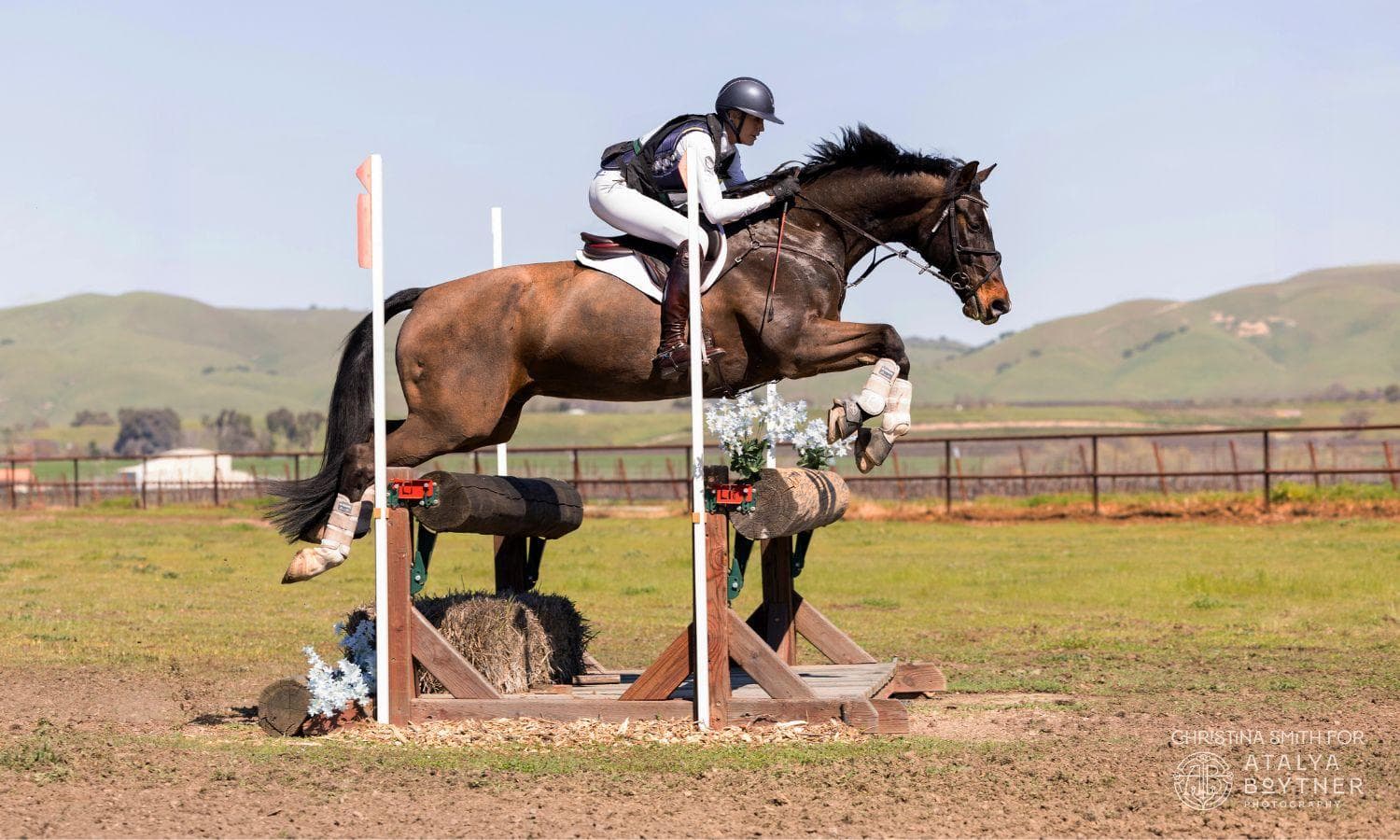Pressure Proof with Daniel Stewart: Hurry Up and Wait

Perhaps some of the most troubling, yet common words you’ll ever hear before any class, clinic, or competition are: “sorry folks, we seem to have a delay on course.” You’re perfectly prepared and are ready to perform only to have it all thrown out the wait window. You’ve warmed-up well, arrived at the arena on time and peaked - only to be told to hurry up and wait! Thankfully, you have a plan prepared for this very possibility: your Delay Plan.
For the past few months, we’ve been discussing the different ways to prepare for the endless array of challenges that can derail your train of thought before a ride. We began by discussing the plan you can employ when everything goes according to plan (the plan-plan) and then shifted our attention to the kind of plan you can use when you’re in a rush (the quickie-plan). This month we’ll move our focus to the third plan (in this series of four) by discussing the plan you can use to stay positive, prepared, and peaked- even when facing a delay.
The problem with delays is that they often make riders second-guess themselves and create the potential for disappointment and doubt in the form of why-me and what-if. Like my last two plans, you can’t predict a delay, but you can certainly prepare for one and that’s where this month’s tip comes in.
The goal of any delay plan is to create (and complete) a list of constructive tasks that’ll keep your mind (and horse) so focused on the productive that it’s incapable of focusing on the destructive. The good news is that there’s no shortage of constructive and productive tasks you can do while waiting- you just need to identify them and put them to work for you when the delay hits.
Delays come in three forms: (1) long, (2) longer, and (3) are-you-kidding-me!-long. Each one has its own set of challenges meaning each one should also have its own set of tasks. Here are a few common examples of each:
• Long delays - Return to the warm-up arena and work on a challenging task (like your flying changes or transitions) while taking short breaks to visualize your upcoming course. In this way, you change a disappointing delay into the opportunity to improve a skill while also feeling more prepared.
• Longer delays - Return to the stabling area, dismount, loosen your girth, stretch your horse’s legs, stretch your own legs, review your goals, have a briefing with your trainer, and visualize your course. You have more time now, so take the time to do more productive and constructive things!
• Are-you-kidding-me!-long delays - Head back to the barn, dismount, loosen the girth and then clean some tack, polish some bits, re-organize your tack trunk, and/or braid the mane, or any other time-consuming task that will keep your brain focused on the positive and productive.
The method behind the madness of coping with delays is that your brain is actually hard-wired to give more priority to bad stuff (like the why-mes and what-ifs) than the good stuff (like appreciating the extra time to prepare). So this month switch the narrative and prove to yourself that you can maximize your success (and sanity!) even during times of delay and distraction by creating your own version of all three delay plans just in case you need them… or should I say, when you need them!
I hope you enjoyed this month’s tip and are looking forward to the fourth and final installment of this series next month. Until then, I’m teaching my next instructor certification course in Florida this November. If you’d like to learn to teach mental coaching seminars or clinics just visit https://pressureproofacademy.com/instructor-certification-program/ or email me at [email protected]!















